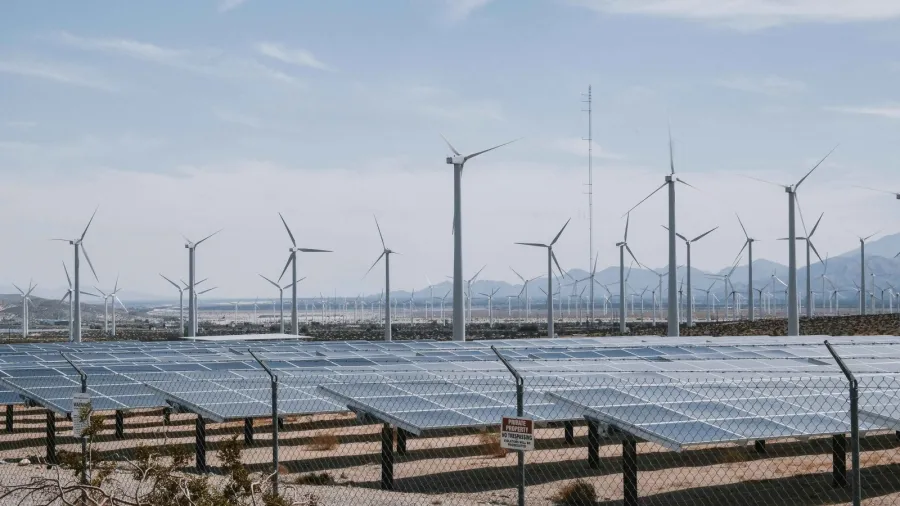
Avaada inks INR 50,000 crore deal to boost Madhya Pradesh’s renewables
This will fund solar and wind projects amongst others.
Avaada Group and Madhya Pradesh have signed an agreement to invest INR 50,000 crore into the state’s renewable energy sector.
In a statement, Avaada said the agreement was formalised at the MP-GIS 2025 Curtain Raiser event.
The investment will fund 6,000 megawatts (MW) of solar energy, 700 MW of wind energy, 2,100 MW of battery energy storage systems, and 2,000 MW of pumped storage projects. It will also support the development of green energy equipment manufacturing facilities.
Avaada said the collaboration is in line with Madhya Pradesh’s goal to “play a pivotal role in achieving India’s ambitious target of 500 GW [gigawatts] of non-fossil fuel capacity by 2030.”
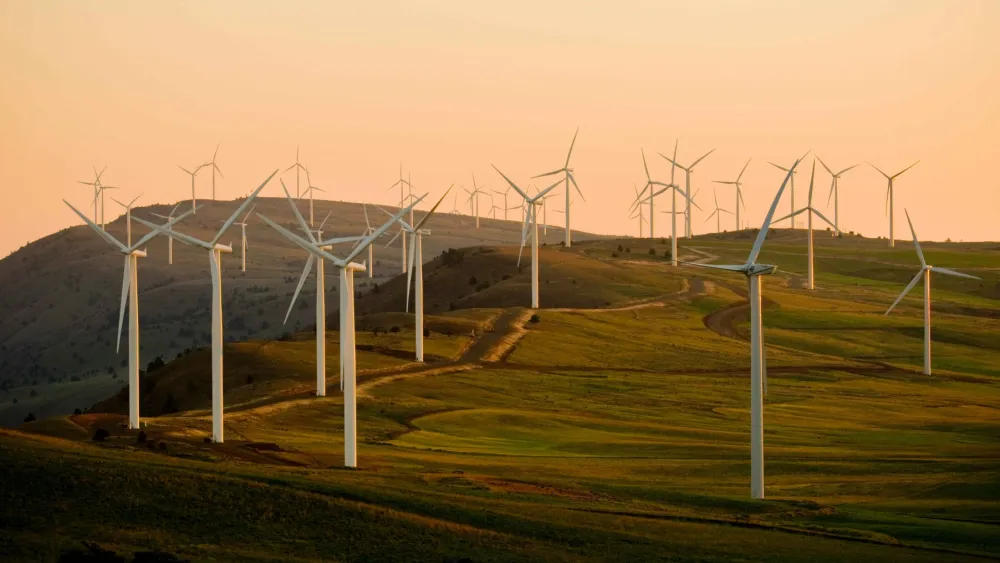
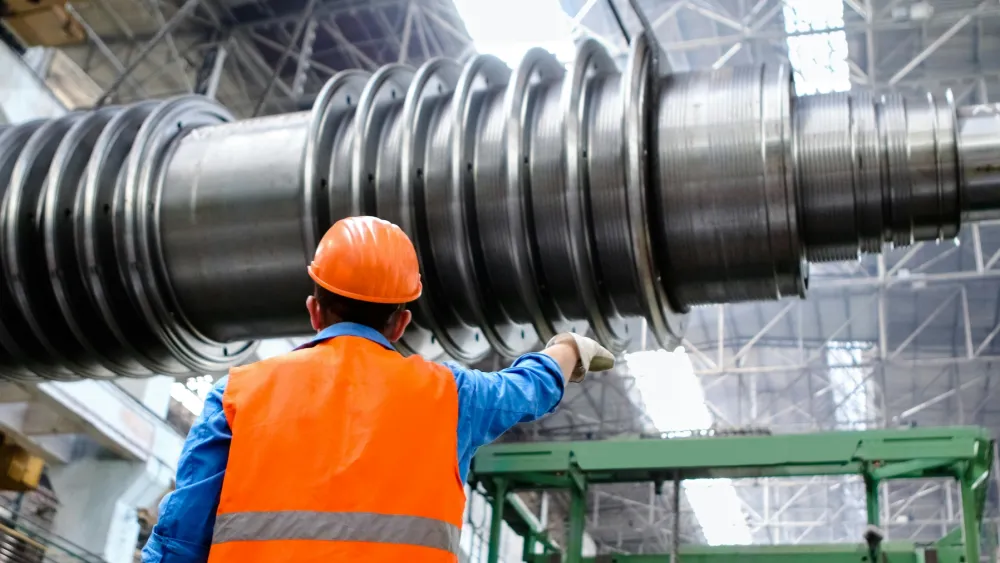
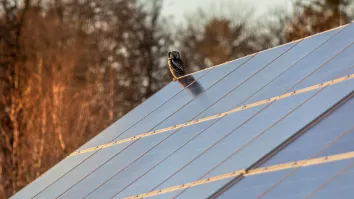
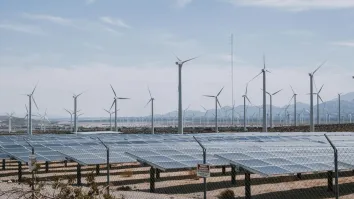
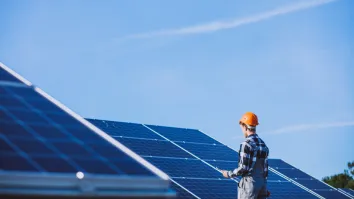
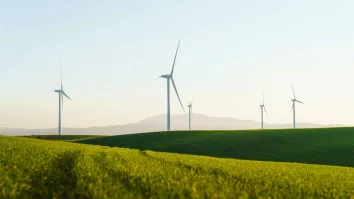













 Advertise
Advertise






